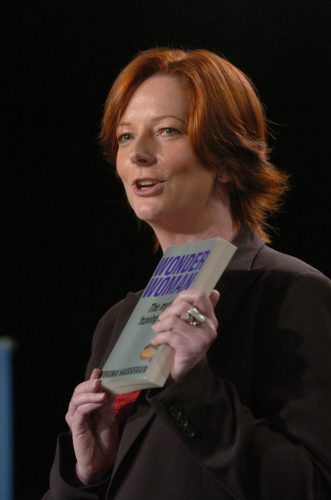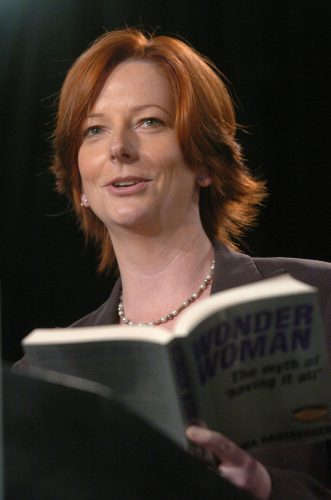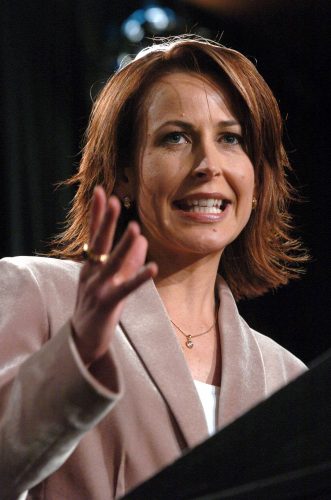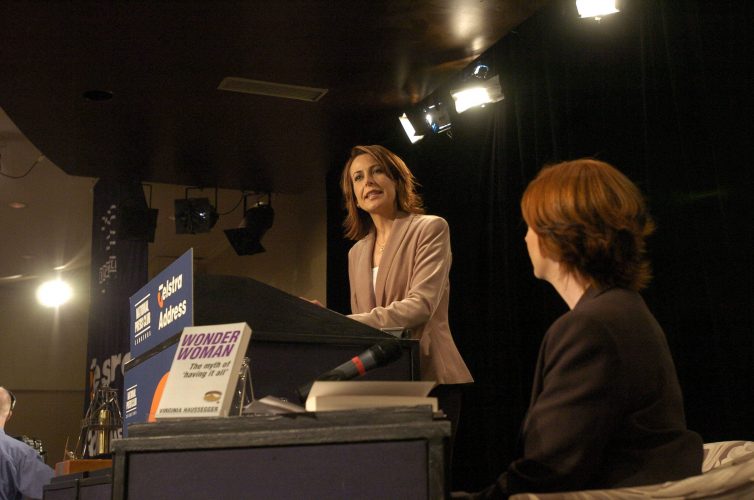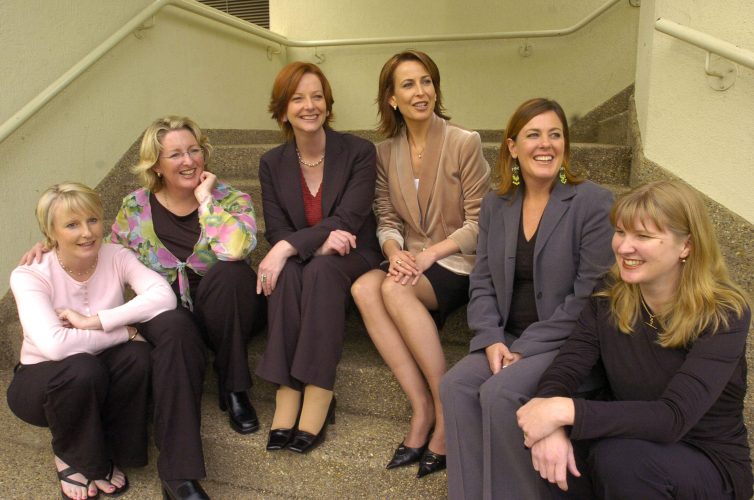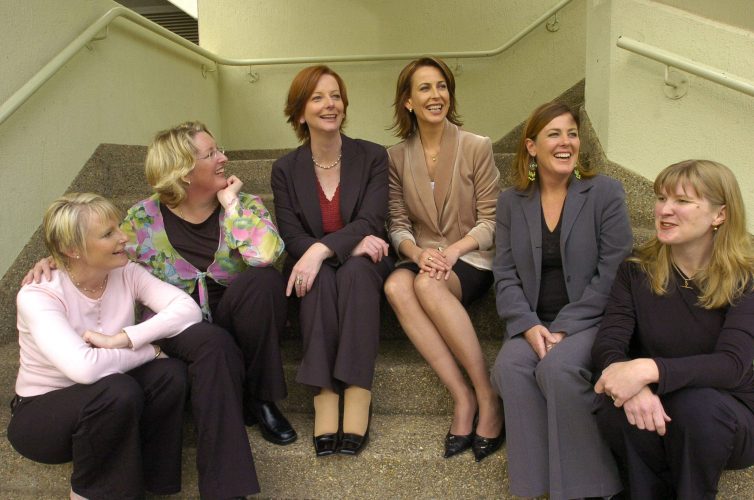Mal Meninga has been wrong about a few things. He was wrong to try to bluff his way into politics back in 2001. And he is wrong now to suggest we should all forget about the Brett Stewart story and just move on.
Stewart’s so-called ”story” should not be forgotten. Because if it is – once again – we have learnt nothing about how celebrity sport can both encourage and forgive abusive behaviour. And what’s more, those earnest types gathering today for the Manning Clark Weekend of Ideas to discuss Australia’s two greatest passions – art and sport – will look rather silly arguing the cultural importance of sport, if we choose to ignore the cultural embarrassment as well.
I tread carefully here, as I am one of those ”earnest types” sitting in the gardens of Manning Clark House, attempting to debate the merits of sport and art as equally valid cultural passions – or not. (And if it’s something about which you have a view, you are most welcome to join us.)
It is not just the charge against rugby league star Brett Stewart of sexual assault, against a 17-year-old girl, that is the problem here. After all, Stewart is yet to stand trial for that allegation. It is the extraordinary manner in which his club, Manly Sea Eagles, has handled the issue.
Manly has puffed out its chest and vowed to ”stand by their man” – regardless. They even named him in the side to play this weekend. No doubt the club will continue to utter the usual unintelligible nonsense about club loyalty, mateship and a fair go. Certainly Stewart is innocent until proven guilty.
But what the Manly club seems unwilling to do is examine why one of its star players found himself in this mess in the first place. And in what way the club, and possibly the code, is complicit in encouraging abusive behaviour.
We can assume Stewart wasn’t the only smashed player last weekend after the season launch party, when the sexual assault is alleged to have taken place. The National Rugby League’s ruling body has fined Manly a whopping $100,000 for failing to manage its players’ alcohol consumption on that night. Obviously it was one hell of a shindig. On top of the fine, the NRL has banned Stewart from playing for four matches. Not because he is facing a criminal charge, mind you, but rather because a gutful of grog made him untidy.
So what’s the club’s response? Rather than dive full steam into an alcohol awareness (or abstinence) campaign, and some serious counselling of its young charges, the club instead announced it would appeal against the fine because it thought the penalty was unfair.
The dangerous message that action sends to players, their fans and the wider community is that the club views excessive drinking, even if it leads to a charge of sexual assault, as not unreasonable. Just a bit of fun. Usual stuff. Sporting boys enjoying a bonding night.
But what is sport?
If it is competitive play, done for pleasure, why are thugs, drunks, and those blokes accused of abusing women allowed to play? If sport is about showcasing great talent and setting up role models – the sort of models we want our children to admire – why do social misfits with bad speech, bad attitude and bad behaviour get chosen for the team? When they act up and pee in public, vomit, punch, brawl and gang-bang, why do we forgive them and put them out on the field again?
I suspect the answer to such angst is simple. Sport, particularly football, isn’t sport any more. It’s big business. And such business apparently can’t afford to get bogged down, or distracted, by setting a good example for the rest of the community. That legion of young fans, with posters of Brett Stewart and other screwed-up players on their bedroom walls, surely now see their idols’ drunken behaviour as no big deal, just par for the course.
Closer to home, Todd Carney, that feral cat with nine lives, has once again reminded the sports-loving public – and the rest of us – that boys will always get away with being ”boys”. After he was charged with causing reckless damage by jumping up and down on a car, a magistrate kindly said she was ”disappointed” to see the former Canberra Raiders player back in court this week. With Carney under threat of jail, she banned him from his home town of Goulburn for a year.
No problem. Carney’s backers have sent him up north to play in the Cairns District Rugby League. He’s been given accommodation and a job in a pub, which will be very handy given his excessive thirst.
What is going on with sport in Australia? Why are football codes – the AFL included – so forgiving?
Manning Clark regarded Aussie rules football as the ballet of the working class. Perhaps once it was. But sadly, no longer.
Instead corporate interests are at play, and celebrity rules. But why a player’s celebrity status anoints him with impunity frankly leaves me baffled.
Today, in the great historian’s garden we will argue over what best defines Australian culture art or sport. If sport wins I’m stuck with a heavy dose of cultural cringe.

